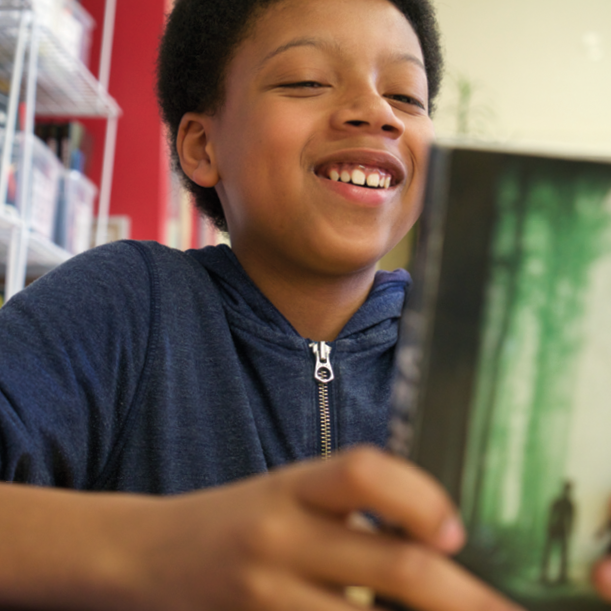
by Anna Gratz Cockerille
I have come to love fantasy novels, particularly young adult fantasy. There’s no doubt that the Harry Potter series stirred this love. Who couldn’t adore a book that got millions of children to read? The teen fascination with Twilight and The Hunger Games did the same thing—literally millions of teens are reading and talking about these books. They join blogs, they dress up like the characters, they attend the film releases, they compare the books to the movies. Fantasy has been a force for good in literacy.
--Mary Ehrenworth, in Learning from the Elves: A Genre Study of the Complexities and Themes of Fantasy
Absolutely, fantasy is a force for good in literacy. Aside from turning children into avid readers as Mary describes, fantasy pushes children into new terrain as readers. As they are ushered into new worlds through stories they love, readers are organically pushed to take on higher-level work, such as tracking multiple characters’ growth, considering the influence of the setting, searching for symbolism and hidden significance in every interaction. Further, they are introduced to the kind of universal themes that weave throughout important literature: good versus evil, hope springing from despair, the essential virtue and courage of humankind.
Fantasy is a genre that naturally makes for great book clubs. The questions and thoughts provoked by a great fantasy read are endless, and readers can’t wait to discuss these with other fans. Often, when a class is engaged in fantasy book clubs, the conversations are high energy, engaging, and sometimes even emotionally charged. The teacher’s work is usually not to encourage students to have something to say. It’s to slow conversations down enough to encourage good listening and depth.
To prepare to teach this unit, you might engage in some fantasy reading yourself. This will be even more powerful if you can recruit some friends or colleagues to join you in a book club. Notice what you do to immerse yourself in the world of the story right from the start; notice the ways you grow your thinking about characters, setting, and themes; and notice the fix-up strategies you use when you get lost. And of course, notice what it feels like to be fully immersed in the story, to be the kind of reader that thinks about a book all day long and can’t wait until the next time to read. Prepare to share all of these insights with your students.
At this week’s @TCRWP Twitter chat, Jasmine Junsay, Anna Sheehan, and Mike Ochs will lead the community in sharing ways that reading fantasy in book clubs can help readers fall in love with reading, all over again. Join to hear about ways this enchanting genre can energize the reading culture in your classroom.
♦ ♦ ♦ ♦
Each Wednesday night at 7:30pm eastern, The Teacher's College Reading and Writing Project hosts a Twitter chat using the hashtag #TCRWP. Join @msjasminejunsay, @annasheehan627), & @readwritemike to chat about fantasy book clubs tomorrow evening.
♦ ♦ ♦ ♦
Not on Twitter? Take Heinemann’s free Twitter for Educators course here.
 Anna Gratz Cockerille, Coauthor of Bringing History to Life (Grade 4) in the Units of Study for Teaching Writing Series.
Anna Gratz Cockerille, Coauthor of Bringing History to Life (Grade 4) in the Units of Study for Teaching Writing Series.
Anna was a teacher and a literacy coach in New York City and in Sydney, Australia, and later became a Staff Developer and Writer at TCRWP. She served as an adjunct instructor in the Literacy Specialist Program at Teachers College, and taught at several TCRWP institutes, including the content literacy institute, where she helped participants bring strong literacy instruction into social studies classrooms. Anna also has been a researcher for Lucy Calkins, contributing especially to Pathways to the Common Core: Accelerating Achievement (Heinemann 2012), and Navigating Nonfiction in the Units of Study for Teaching Reading, Grades 3–5 series (Heinemann 2010). Most recently, Anna served as an editor for the Units of Study for Teaching Reading, K–5 series.


